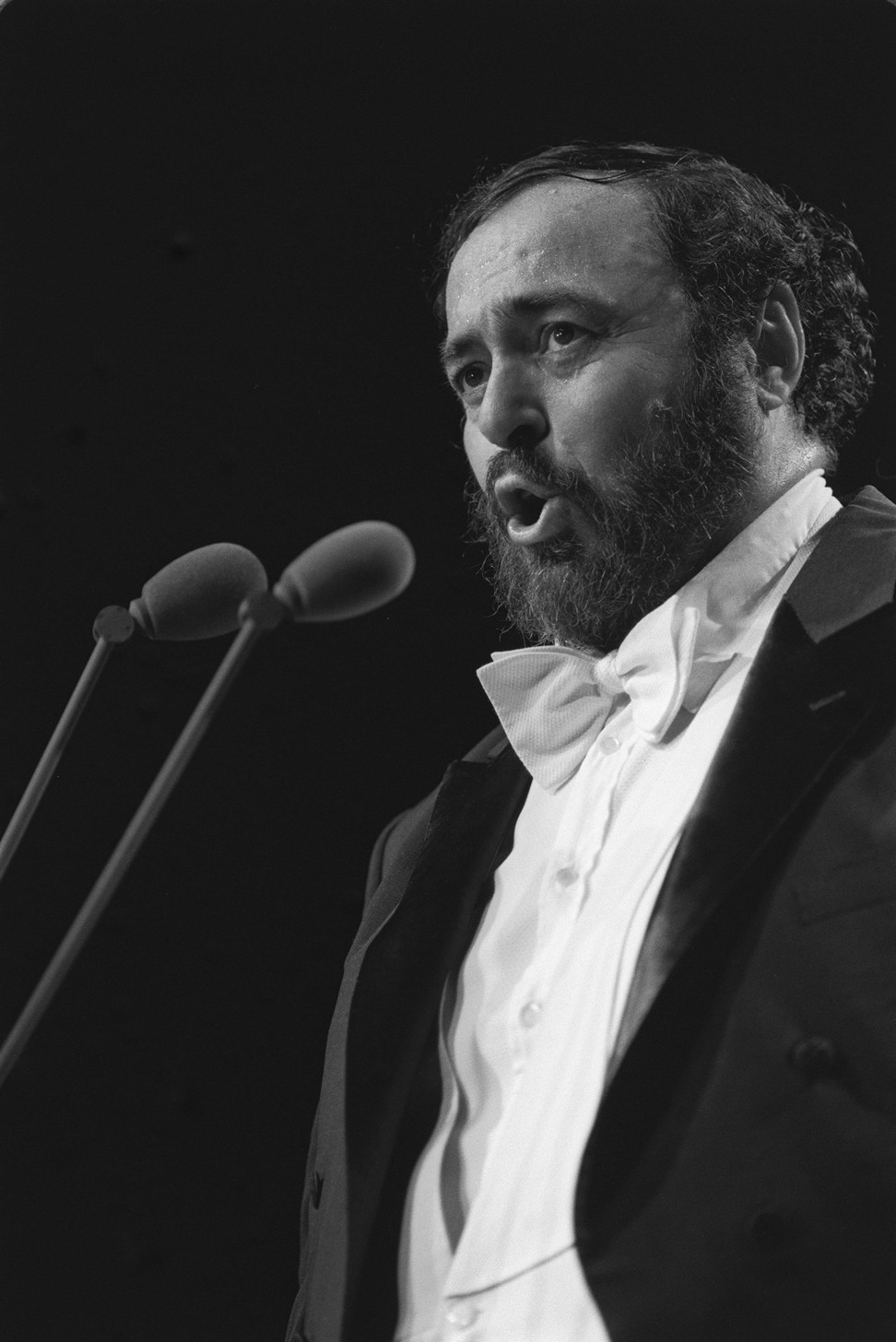
Why opera singer Luciano Pavarotti vowed never to return to mainland China
After months of uncertainty over whether it would happen at all, the legendary Italian opera tenor gave his Hong Kong audience a taste of why he was nicknamed the ‘King of the High Cs’
“Pavarotti triumphs with great artistry,” read a headline in the South China Morning Post on February 12, 1990, applauding Italian opera tenor Luciano Pavarotti’s Hong Kong debut the previous night.
“There could be no doubt that Pavarotti satisfied the fanatics, the knowledgeable admirers, and the blue-ribbon audience,” the story continued, noting that their reaction “prompted four encores” from the singer.
The concert was attended by nearly 8,000 people, including a crown prince and three queens from Bhutan, the Post reported.
The show came after months of uncertainty over whether it would happen at all. Pavarotti, notorious for cancelling performances, had twice moved the concert date, forcing a change of venue from the Hong Kong Coliseum to the Convention Centre. The date changes came after the tenor was bestowed with what he called “a great honour which no Italian can refuse” – an invitation to open the 1990 football World Cup in his home country.
Delays notwithstanding, the city was gripped by what the Post dubbed “Pavarotti Pandemonium” in the lead-up to the big day. Tickets were snapped up despite the unprecedented top-tier price of HK$1,200.
The Post’s coverage, too, approached crescendo, descriptions of the singer deviating from the usual “King of the High Cs” in favour of more creative sobriquets, such as “adorable tub of operatic magic” and the “sumo wrestler of the opera world”.

In a press conference, Pavarotti revealed he would never return to mainland China, where he had performed in 1986. The decision, he insisted, was not related to the Tiananmen Square crackdown but for more romantic reasons.
“When I went to China, I found it was so beautiful, so incredible, so naive. I saw the people were so happy [...] I saw them on horse-drawn carts and on bicycles – exactly like it used to be in my country at the time I was born,” he said.
To preserve that memory, he pledged to “never return”.

